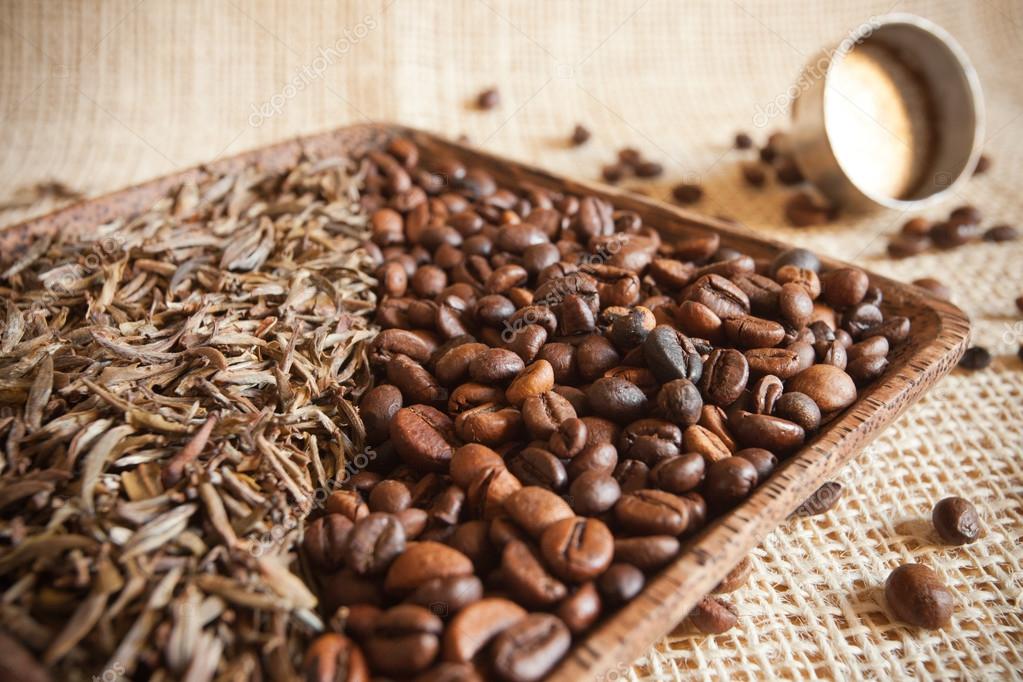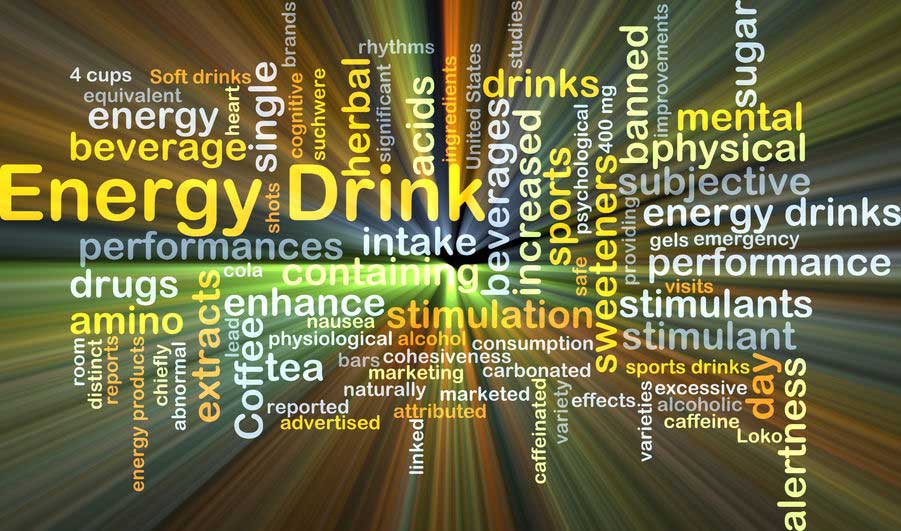

The caffeine present in tea may also affect different people in different ways according to their unique sensitivities and biochemistry. In addition, how the tea is brewed, including factors like water temperature, the amount of leaves, and steeping time, all have a significant influence on how much caffeine is present in a brewed cup. When the tea leaves were harvested, how they were processed, and the specific varietals of the tea plant they come from all influence the caffeine levels of a particular tea. While it’s possible to give estimates when it comes to the caffeine content of different teas, in reality there are often too many factors that contribute to caffeine levels in tea to provide a definite amount. In reality, however, different teas can vary widely in terms of their caffeine content regardless of tea type. In general, black tea is assumed to have more caffeine, white and green tea are assumed to have less caffeine, and oolong falls somewhere in the middle. It can be difficult to determine the caffeine content of a particular type of tea, and often may not be possible outside of a laboratory setting. Caffeine levels in tea can vary from about half that of a cup of coffee to only trace amounts.

There are a number of factors that play a part in the caffeine present in loose leaf tea. Here at ArtfulTea, we carry teas with a wide range of caffeine levels, from hearty Indian blacks to caffeine-free tisanes and everywhere in between! Many people looking for an alternative to coffee turn to tea to provide a milder morning pick-me-up that still contains some caffeine. Herbal and rooibos teas contain no caffeine at all. Caffeinated teas range from trace amounts of caffeine to high caffeine teas with about half the caffeine level of a cup of coffee. Whether you’re looking for a little boost in the morning, or are trying to steer clear of caffeine entirely, it’s always important to consider the caffeine content when selecting a tea.


 0 kommentar(er)
0 kommentar(er)
